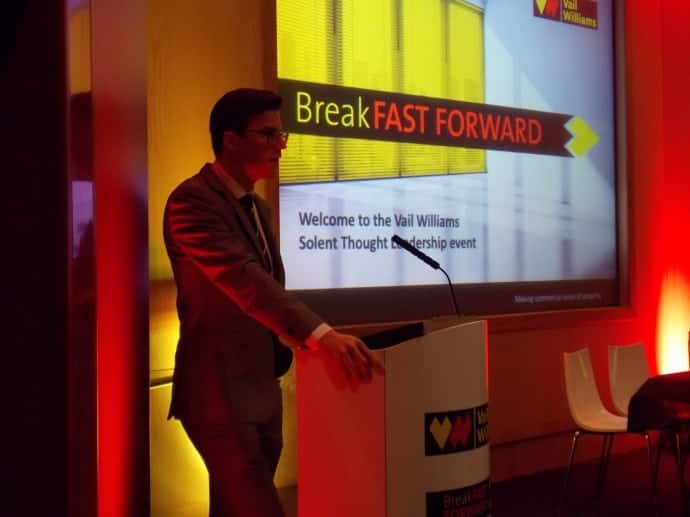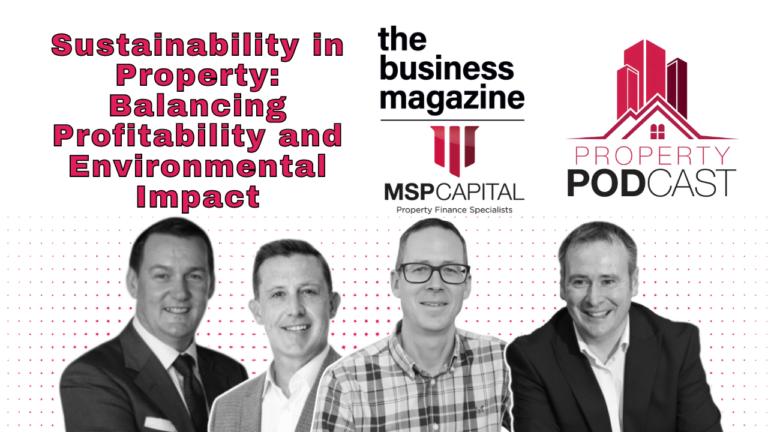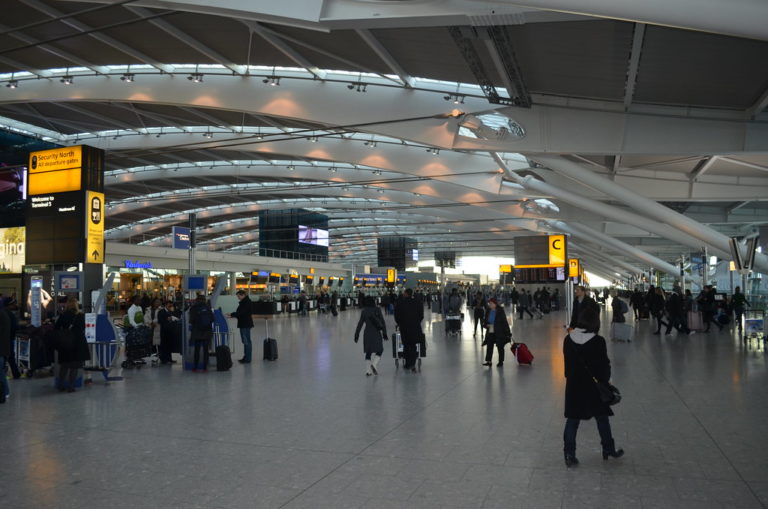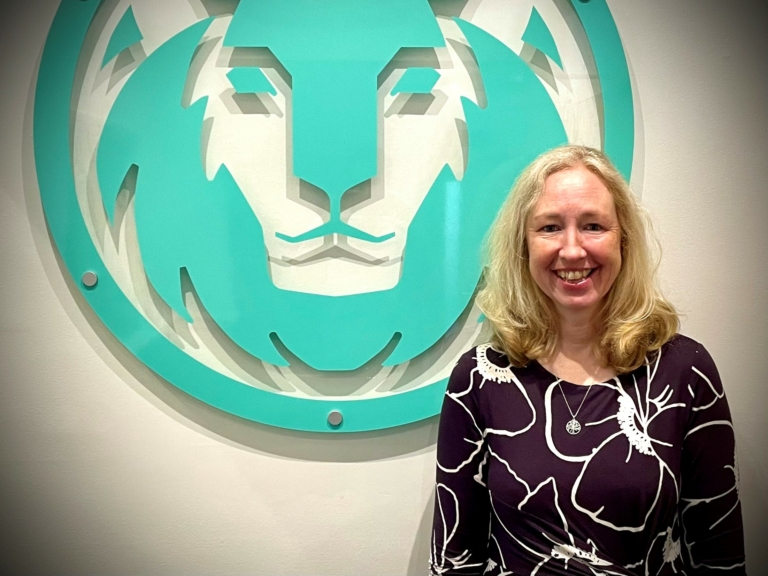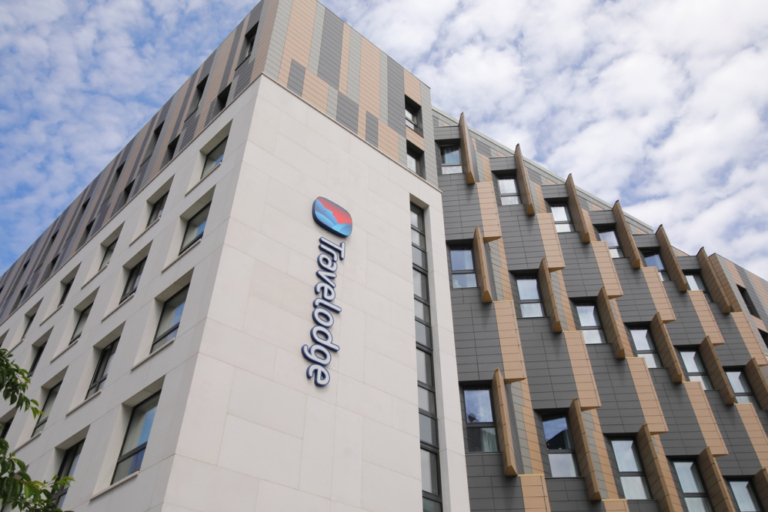Portsmouth: The future of the region laid bare in keynote presentations

Business leaders from across the Solent gathered at Lakeside North Harbour, Portsmouth, to hear from experts from across the business, local government and academic community, about what the future holds for the region.
The event, hosted by leading commercial property advisers Vail Williams, featured presentations from key speakers including: Anna Blackman, partner at PwC; Donna Jones, leader at Portsmouth City Council; Mark Smith, chief executive of Southern Co-Operative; and Steffen Lehman, professor of sustainable architecture, University of Portsmouth.
Each gave their insights into the future of the Solent region from an economic, political, environmental and commercial perspective.
Here’s a summary of what they all had to say.
Economic backdrop
While the south east outstrips the rest of the country in terms of average increases in GVA and growth in manufacturing and decreased unemployment, the Solent area doesn’t compare as favourably.
Indeed, in PwC’s Good Growth for Cities 2016 report the Solent Local Enterprise Partnership (LEP), the area was ranked just 13th in the country for good growth.
In addition, unemployment in the area is higher than the national average, and there is a productivity gap when compared with the rest of the south east.
But it’s not doom and gloom. Opportunity abounds across the Solent, particularly for sectors such as high-tech manufacturing, transport and logistics, as well as IT, which is expected to boom between now and 2036. There is also a strong creative and digital sector, as well as a nationally significant marine sector.
In spite of such opportunity, it is wise to be mindful of Brexit and the potential effects that this could have on stifling growth in the area – particularly as over 22,000 people are employed in the manufacturing of goods which rely on the EU.
If the area is to compete at a national level and secure its long-term future, it needs to continue to improve infrastructure such as transportation and housing.
When it comes to devolution, this is a real opportunity for the Solent. Closer working between local authorities to deliver services will make for a much stronger regional economy.
However, as the Government changes its focus from devolution towards regional delivery of government priorities in transport and housing, the Solent needs to establish how best to capitalise on these, in order to turn the opportunity into a key driver for the local economy.
This will all need to be done in partnership with the region’s business community to ensure that their needs are taken into account to allow future plans to deliver sustainable growth.
As part of this, the advent of the full retention of business rates should see local authorities become more incentivised to work with and attract new businesses to the area.
What role can businesses play?
Against the backdrop of the financial crisis, businesses must recognise the importance of building trust and operating in a responsible way to do good for the benefit of the society they operate in, whilst investing in their people.
Training skilled workers
The region boasts four universities, including the University of Portsmouth which attracts over 24,000 students each year.
Not only are these institutions key employers in the region with a big impact on local growth and regeneration, they also attract young, skilled people to the area.
However, there remains a shortage of highly-skilled people in digital and STEM-related employment.
To aid the growth of the Solent, the region needs to ensure the upskilling of staff, and the retention of graduates. This is particularly important for an area which often suffers the effects of brain drain to London, so retention of top talent is vital to the region’s future.
Innovation and the development of a ‘smarter city’
The Solent is a cluster of sustainable cities where innovation does already take place, particularly at our region’s universities, which often work in partnership with government and industry.
However, the region as a whole needs to invest more in research, innovation, and the eventual commercialisation of new ideas.
Productivity in the region has been stagnating, and this affects the living standards of the region. So how can the region capitalise on ‘green growth’? That is to say, the use of technology to improve productivity.
The answer is to become one of the most competitive places in the UK to start and grow a business, so that we can continue to attract talent and vital inward investment.
In light of the sectoral strengths of the region, and the fact that many of today’s businesses didn’t exist 20 years ago, many of the Solent’s future enterprises are likely to be more disruptive, when they emerge.
But do we have sufficient infrastructure and transportation to support future start-up growth, reduce delays and increase productivity?
Infrastructure and investment
Historically, the area has suffered the ill effects of congestion, resulting pollution, and slow travel – particularly for commuters across the rail network.
However, Portsmouth and the surrounding areas are now undergoing a transformation, accompanied by an ambitious vision.
Investment in smarter technology, to help create a smart city will help to address not only the infrastructure and transport problems of today, but also those of the future. This would include use of intelligent transport management, low-carbon vehicles, and manipulation of big data to create a citizen-centric and resilient city.
The development of urban regeneration strategies will help to ensure sustainable urbanism – be that through the upgrading of older building stock and brownfield development, or the development of new low carbon neighbourhoods.
The region also needs to move from large-scale regional planning to more in-depth urban planning to create mixed-use, walkable and compact cities, with growth boundaries to protect our surrounding green spaces. This will allow for the development of much-needed and innovative, affordable housing, such as modular housing, for example.
There are also many other urban regeneration schemes across the region, including City Centre North in Portsmouth, and Gateway, which will create a mixed-use maritime hub.
Dunsbury Park at Havant will create a new business gateway to the south and innovation will be fostered at new developments such as the Fareham Innovation Centre at the Daedalus airfield, which forms part of a larger-scale investment at the Enterprise Zone.
When it comes to transport, a state-of-the-art bus rapid transport network is being developed for Portsmouth, and the city is expecting to benefit from Chinese investment, following a recent successful Chinese delegation visit.
The region should also recognise the investment made by the Solent's various universities, each of which invests in the region to create a better urban future through the upgrading of public spaces.
Concluding thoughts
In summary, the Solent region, like any other, faces a number of challenges in the future. But the region needs to be brave and recognise where its strengths lie, so that it can take each challenge and turn it into an opportunity to influence and drive change.
Public authorities do need to deliver the right infrastructure, but businesses can play a role too. The Solent region needs a bold vision for 2030, to become not only sustainable and productive, with more skilled workers and talent. It also needs to become more responsible if it is to play its role in regional development of the 21st century.
The region should play to its strengths and make the most of the global connections it boasts through its ports, airports and internationally linked universities, whilst creating an exciting place to live and work.
Above all, is the importance of collaboration. Working together in partnership, the business, local government and academic community can build a thriving, diverse and productive regional economy boasting key infrastructure, a skilled workforce and an innovative and sustainable approach to creating a Solent region fit for the future.




